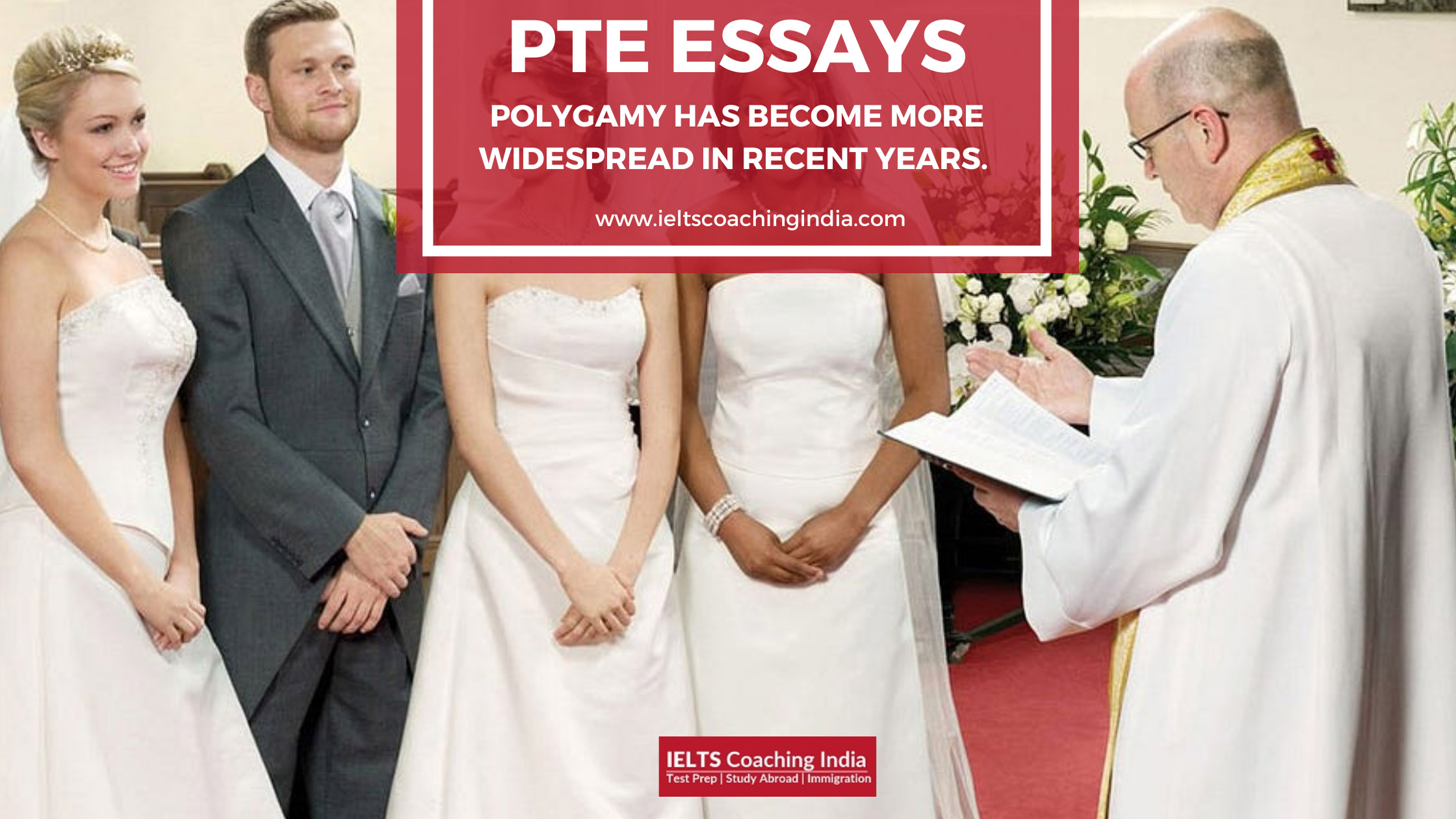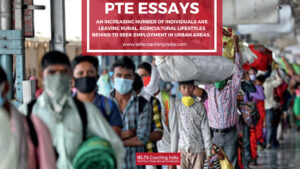Polygamy has become a heated debate with the increasing trend within some societies of having multiple marriages, a fact that is worrisome due to gender inequalities, emotional instability, and social instability. Dealing with such a complex issue is multifaceted.
First of all, education is such an aspect that makes polygamy very unappealing. It can be utilized to sensitize the public on the emotional, psychological, and financial challenges that usually accompany a polygamous relationship, thus enabling a fully informed population regarding their marital choices. The educational programs must also focus on promoting gender equality and women’s rights since they are the most affected party by polygamy.
Legal reforms are also demanded to stop the practice of polygamy. The concerned governments should frame strict regulations to safeguard women and children from such exploitation and abuse. Government incentives that could be applied are tax breaks and social welfare schemes for monogamous families to promote a more equal and stable family structure.
Finally, community participation is important. There is a need to encourage religious and cultural leaders—who in most cases are influential—to champion monogamy and the need for mutual respect and equality in a relationship. Cultural grassroots initiatives that bring dialogue, understanding, and appreciation can transform culture away from polygamous practices.
To conclude, increases in polygamy will be abated with a combination of education, legal reforms, and community involvement. Societies can then work towards more stable and harmonious family structures by addressing the root and promoting values of equality and respect.
Polygamy has become an increasing practice in recent years. Polygamy refers to the practice of having more than one spouse. Although this practice is discouraged in most cultures, it is still widely accepted in some. There has been a notable spike in polygamous marriages in the past decades.
The problem of polygamy arises when people are culturally allowed to marry multiple times. It is crucial to note the impacts of polygamy primarily impact women. It Is the women who need to adjust in order to accommodate a new member into their already settled family. It also becomes difficult to share their companion with someone else. This is seen in Islam where a man is allowed to have three wives at the same time. Some other reasons that may lead to polygamy are lack of financial resources, imbalanced sex ratio in places like Rajasthan and lack of education and unawareness. Patriarchy is the most significant factor that leads to polygamy, as it provides the power to remarry in the hands of the husband.
Some ways in which we can counter this growing trend of polygamy is by spreading awareness regarding the basic values and ideals of a marriage. Along with this the Government must make rules and regulations so as to limit the practice of polygamy. An example of this is the Hindu marriage act that prevents the Hindus of India from taking part in polygamy.
In conclusion it is clear that polygamy tends to be the result of cultural or societal practices. However it can be limited by taking certain measures to counter it.





